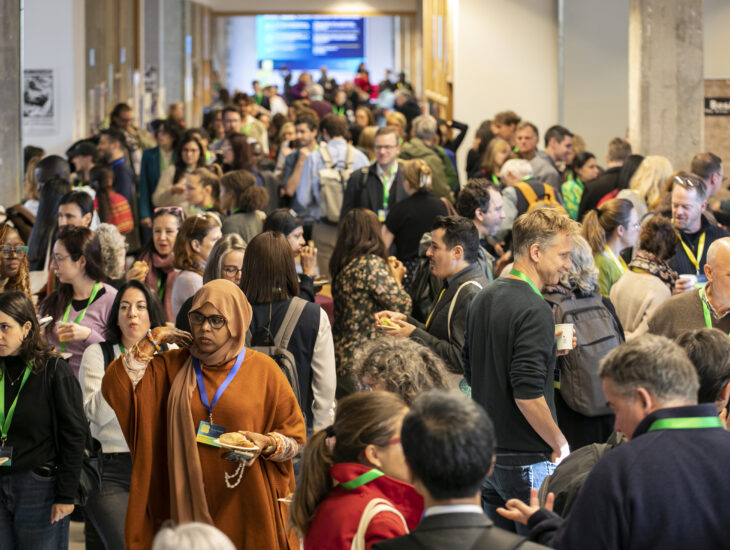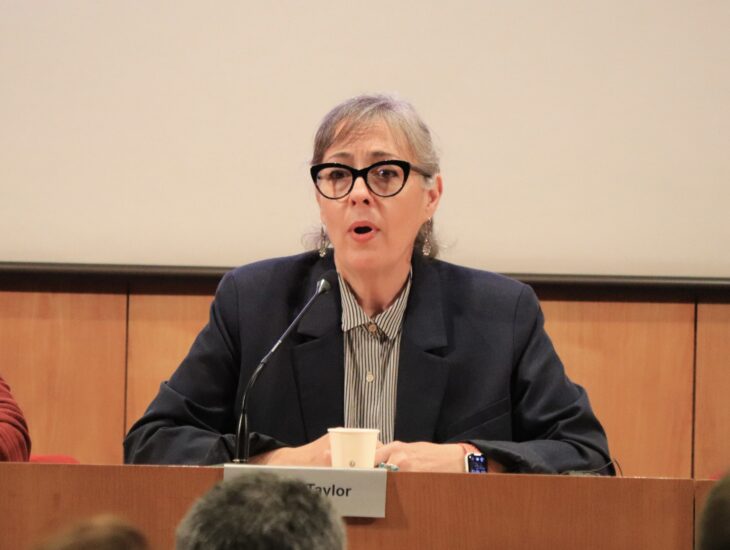From 16-20 September, ICIP and the Faberllull Residency Center welcomed nine women from Palestine, Syria, and Lebanon to Olot to reflect on peace based on their personal experiences. The program, entitled “Mediterranean Women, Weaving Resilience: The Value of Peace,” was the first collaboration between the two organizations.
The participants were women with backgrounds in the arts, academia, and journalism. Some live in the Middle East, and others have settled in Catalonia and elsewhere in Europe. They are of different ages and have lived in different political and social contexts.
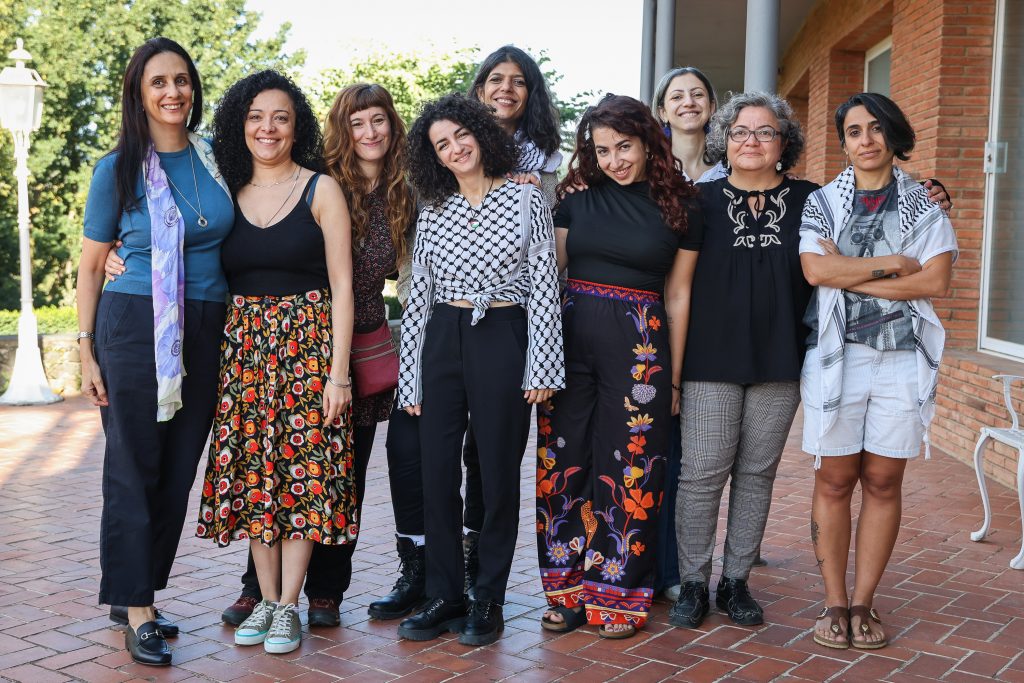
A healing experience
The residency created conditions for the gathering to become a healing experience for the participants since the impacts of the war and the conflicts that the three countries are experiencing are still very much present. For this reason, work dynamics were developed to foster the creation of bonds between the women and build safe places where they could share their anxieties and pain and listen to each other.
The event is included in ICIP’s “Memory, coexistence and reconciliation” work area, which has been working with people in the diaspora for some time. One of the objectives of the gathering was to promote the professional and activist work that these women do, especially in favour of peace. The aim was to highlight the value of everyday experiences and to challenge the dynamic that those who talk about conflicts are people known as “experts.”
The Residents
The residents who travelled to Olot were: Nadia Harhash (Jerusalem, Palestine), public opinion writer, novelist, researcher and blogger; Nadine Feghaly (Lebanon/Barcelona), illustrator and activist; Zeina Shahla (Damascus, Syria), journalist and researcher; Rasha Al Jundi (Palestine), documentary photographer and visual storyteller; Yara Harake (Lebanon), human rights defender; Salam Alaridi (Syria/Paris), project management consultant at the Musawa-Women’s Study Center; Mervat Alramli (Palestine), scriptwriter and stage designer; Jana Bou Matar (Lebanon), playwright; and Rehab Mouna Chaker (Syria/Netherlands), writer and translator.
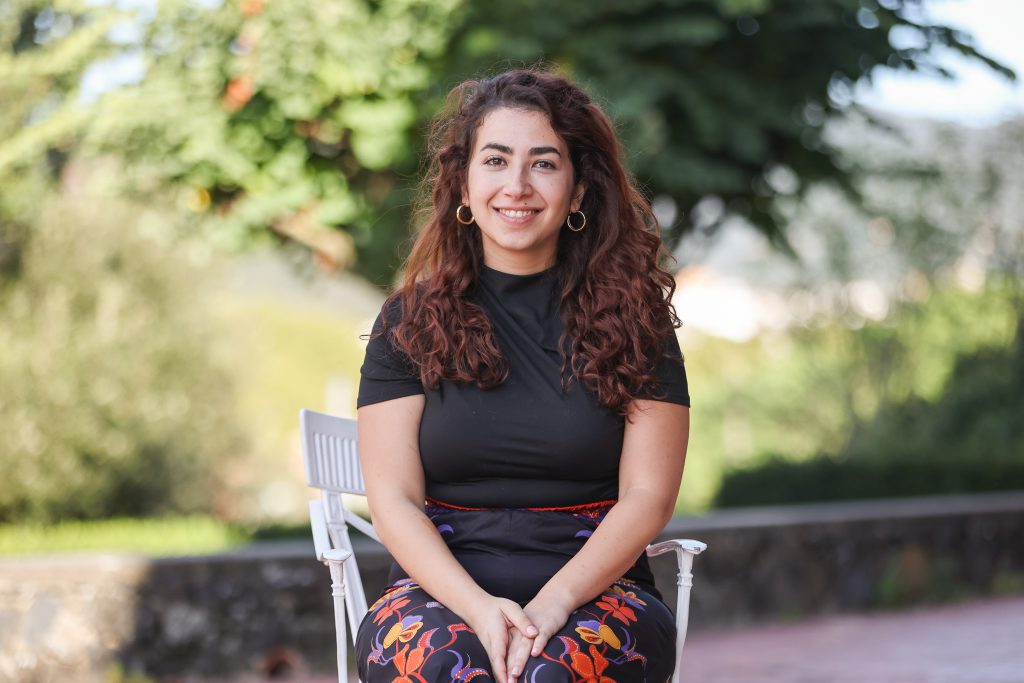
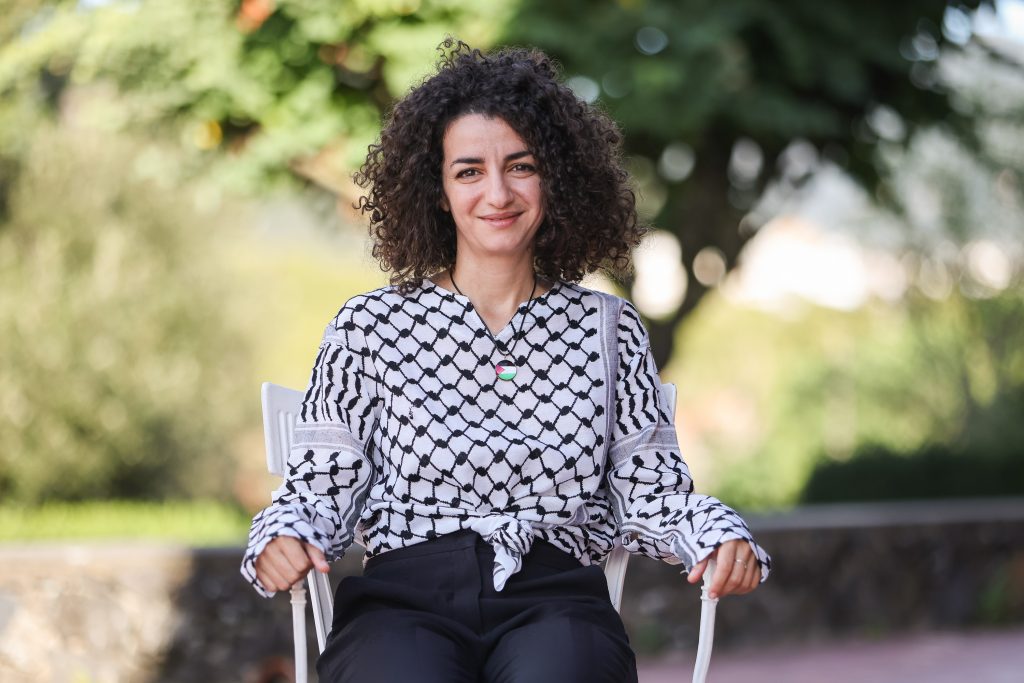
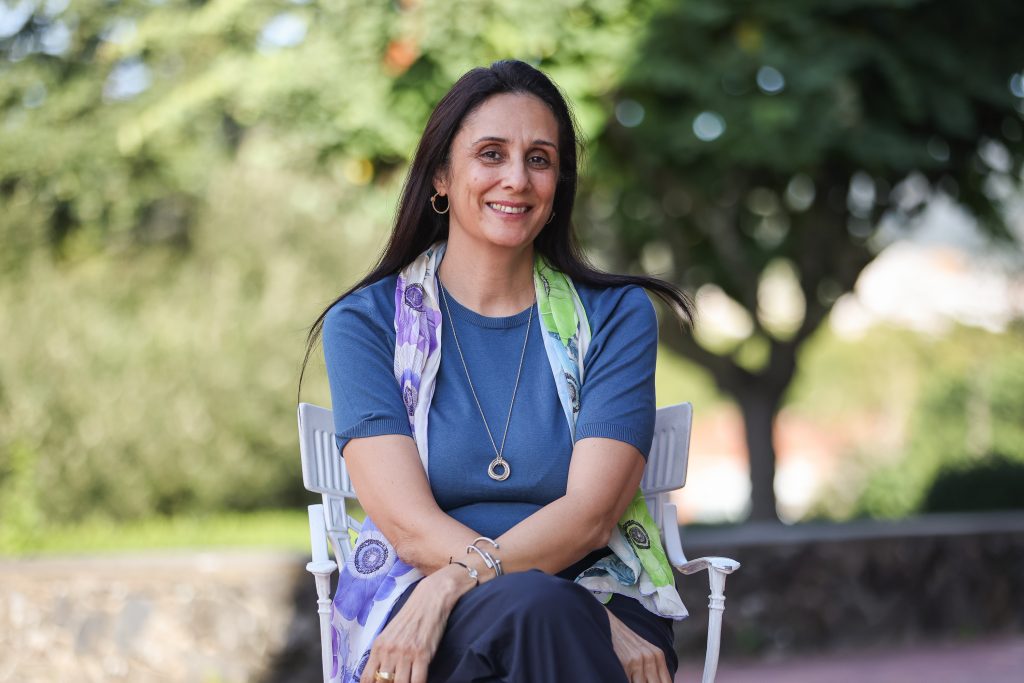
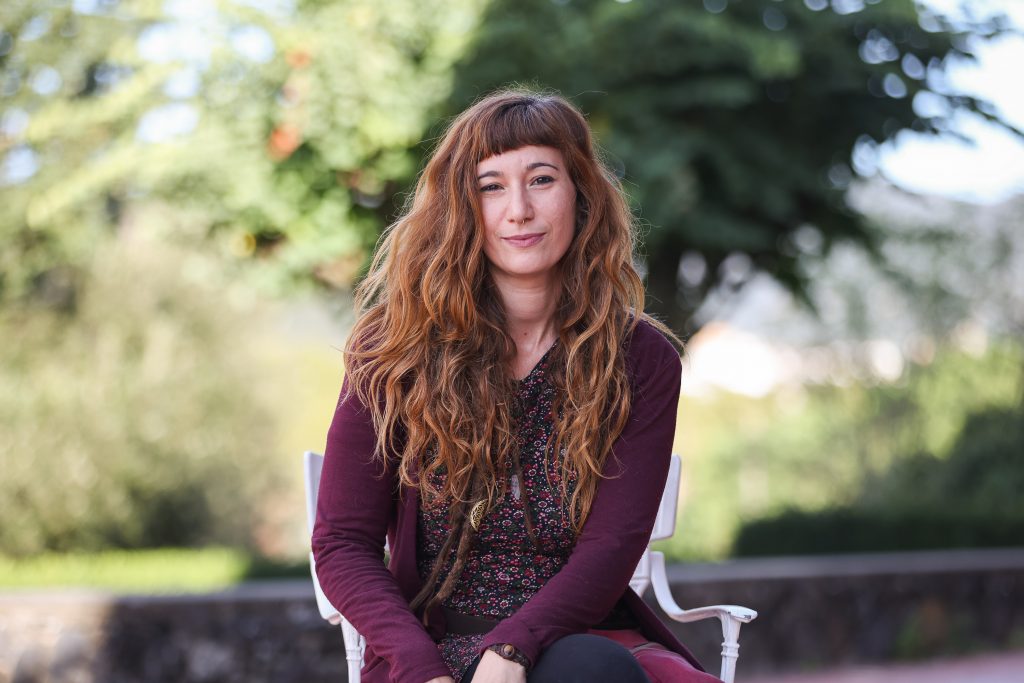
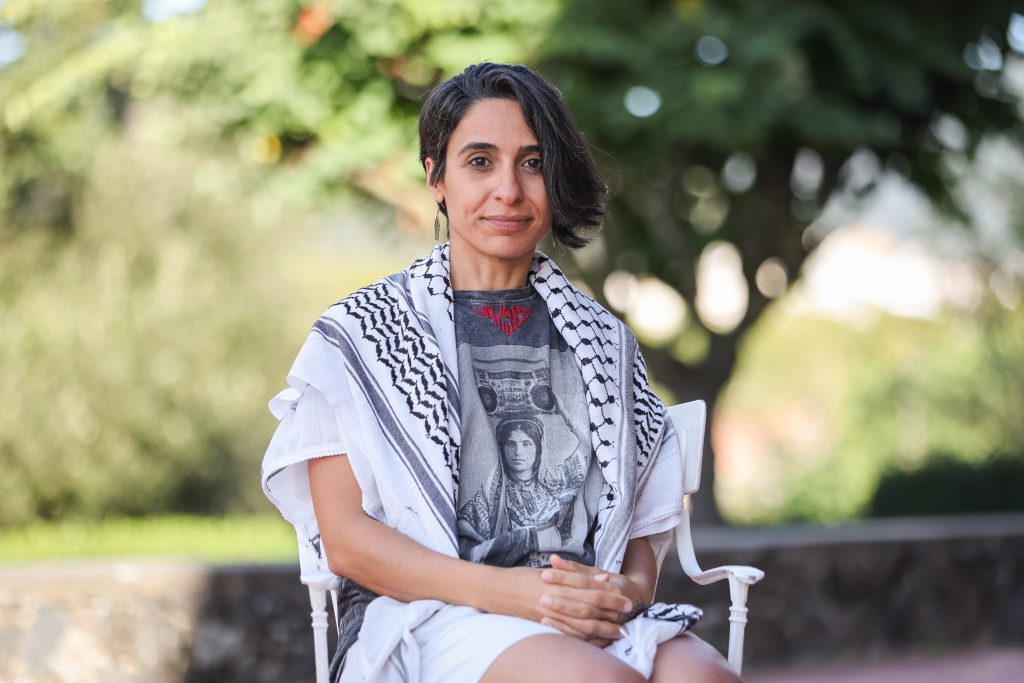
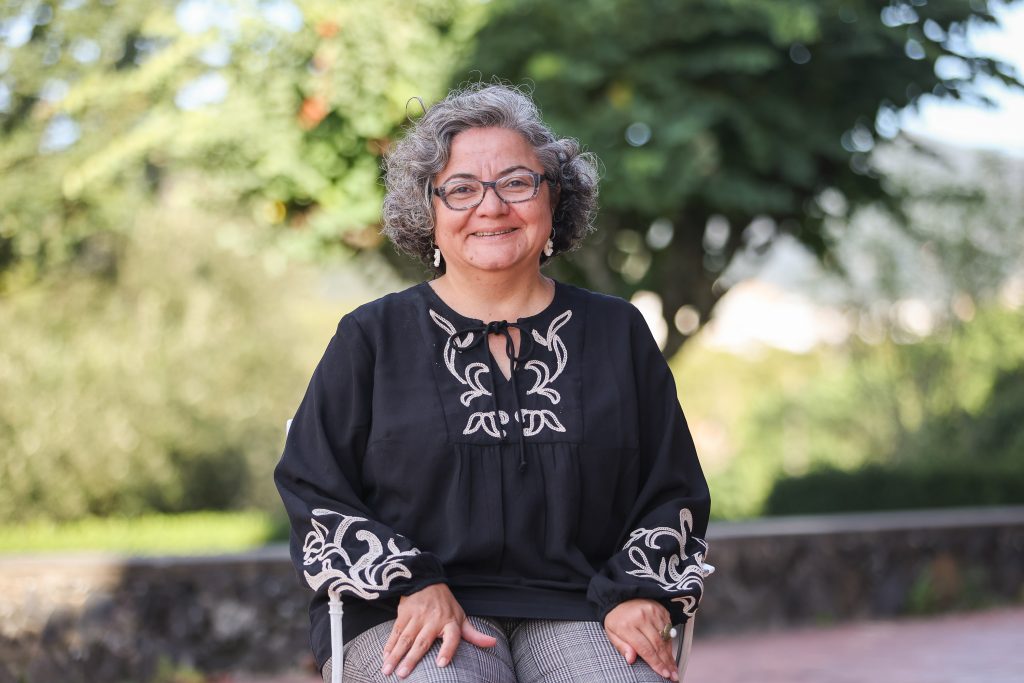
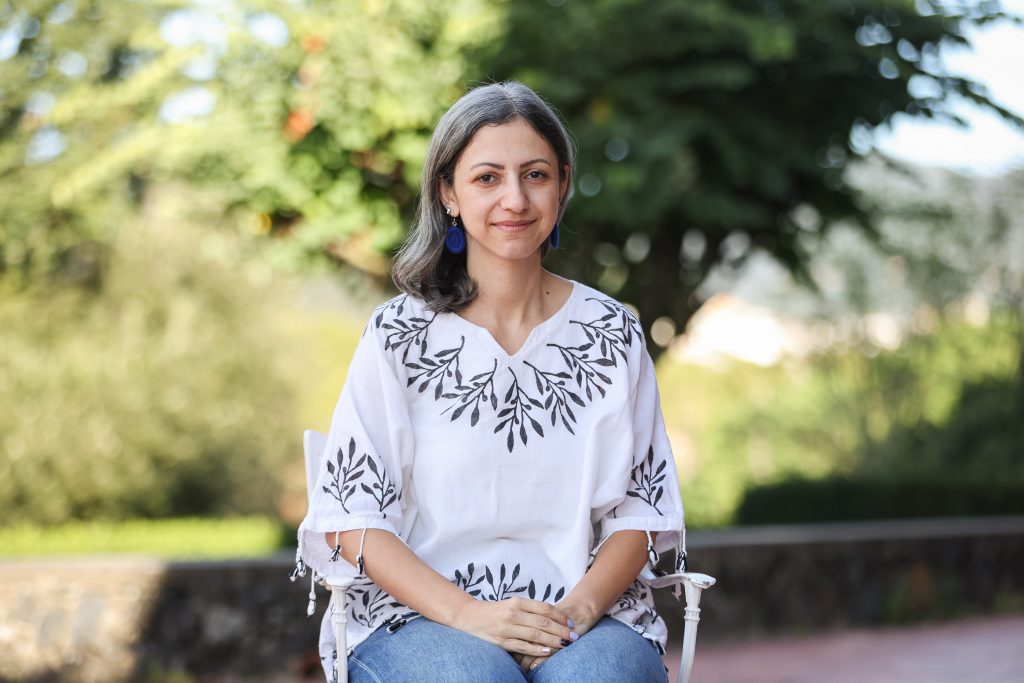
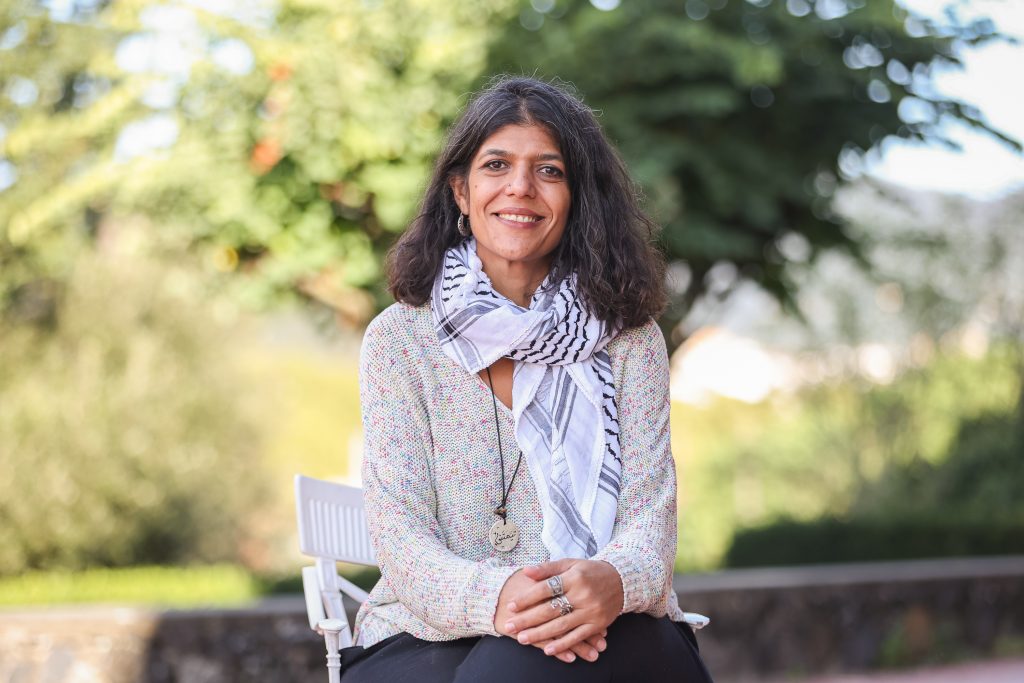
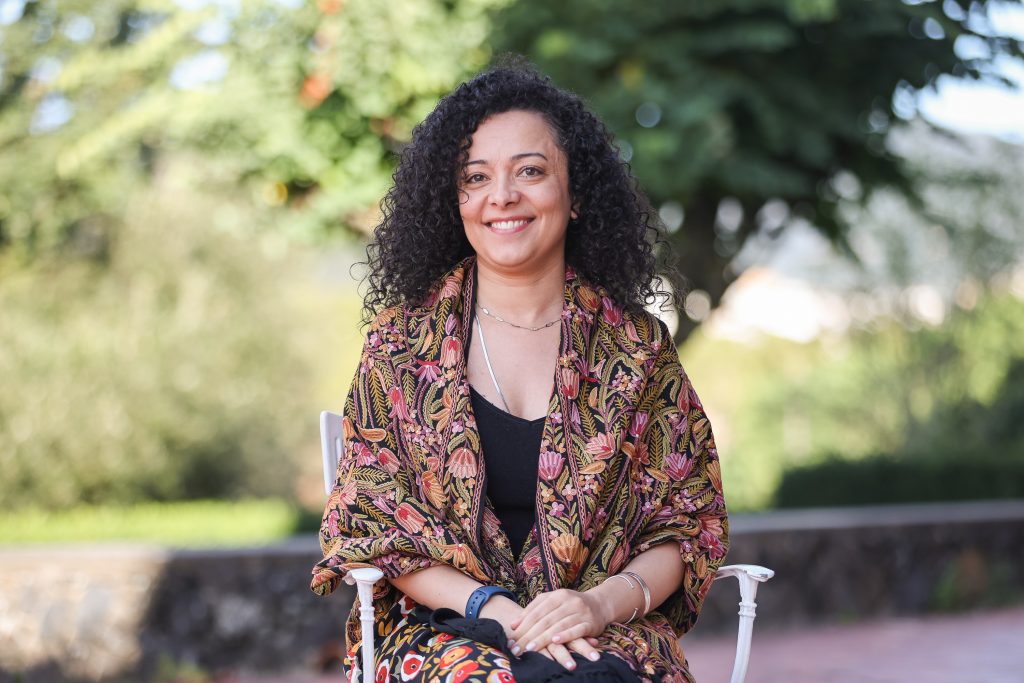
Public activities
In addition to the different internal dynamics in the facilities of Faberllull and in the natural environments of Olot, the residents will also give a talk about their personal and professional experience, aimed at the students of photography, audiovisuals, and advertising graphics at the Art School of Olot.
In addition, they recorded a couple of conversations with the local collective Balkar Earth, which will soon be available on the association’s website.
The meeting’s activities closed on Friday, September 20, with an artistic action in Barcelona organized by the ICIP and the Mujer Diaspora organization.


